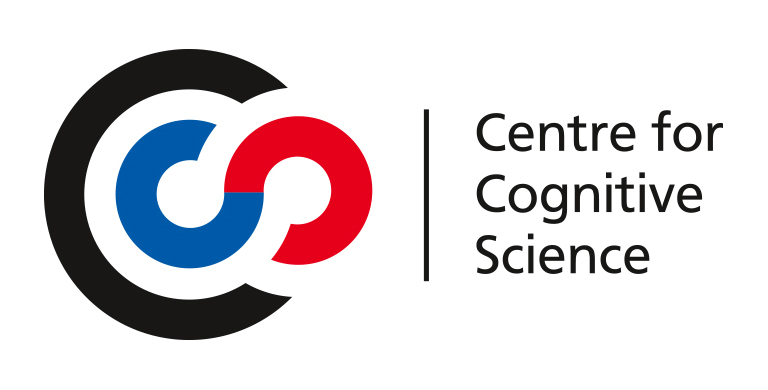Date: Wednesday, 14.06.23 17:00 CET
Location: Building S1|03 Room 223
Abstract:
The new and emerging field of sociophysics aims to explain and understand collective behavior demonstrated by humans in a variety of domains. This usually requires to make some assumptions about the microscopic inter-human rules of interaction. Often these interactions rules are inspired from physical systems, and are therefore criticized to be too simplistic, to give meaningful predictions of human behavior in novel domains.
In the presented work, I take inspiration from general intelligence research and cognitive science to develop a model of human agency in the well known public goods game (PGG), in order to respond to the criticism. The model agent has two aspects called learning and planning, both of which, are bounded by constraints. While the former is bounded by the amount of memory the agent holds about it's past (recency bias), the latter is bound by an information theoretic constraint inspired from information thermodynamics.
I therefore present a route from microscopic behavior to collective behavior of human players in PGG. I start with demonstrating that a bounded planning agent is sufficient to explain human behavior in short games. Following that, I also include the bounded learning mechanism and demonstrate the exclusive effects of the learning mechanism on agent behavior. Finally I make use of the model to explore collective effects of these humanized agents, the behavior of which, as opposed to contemporary models, is justified by comparing to experimental data on human behavior.


